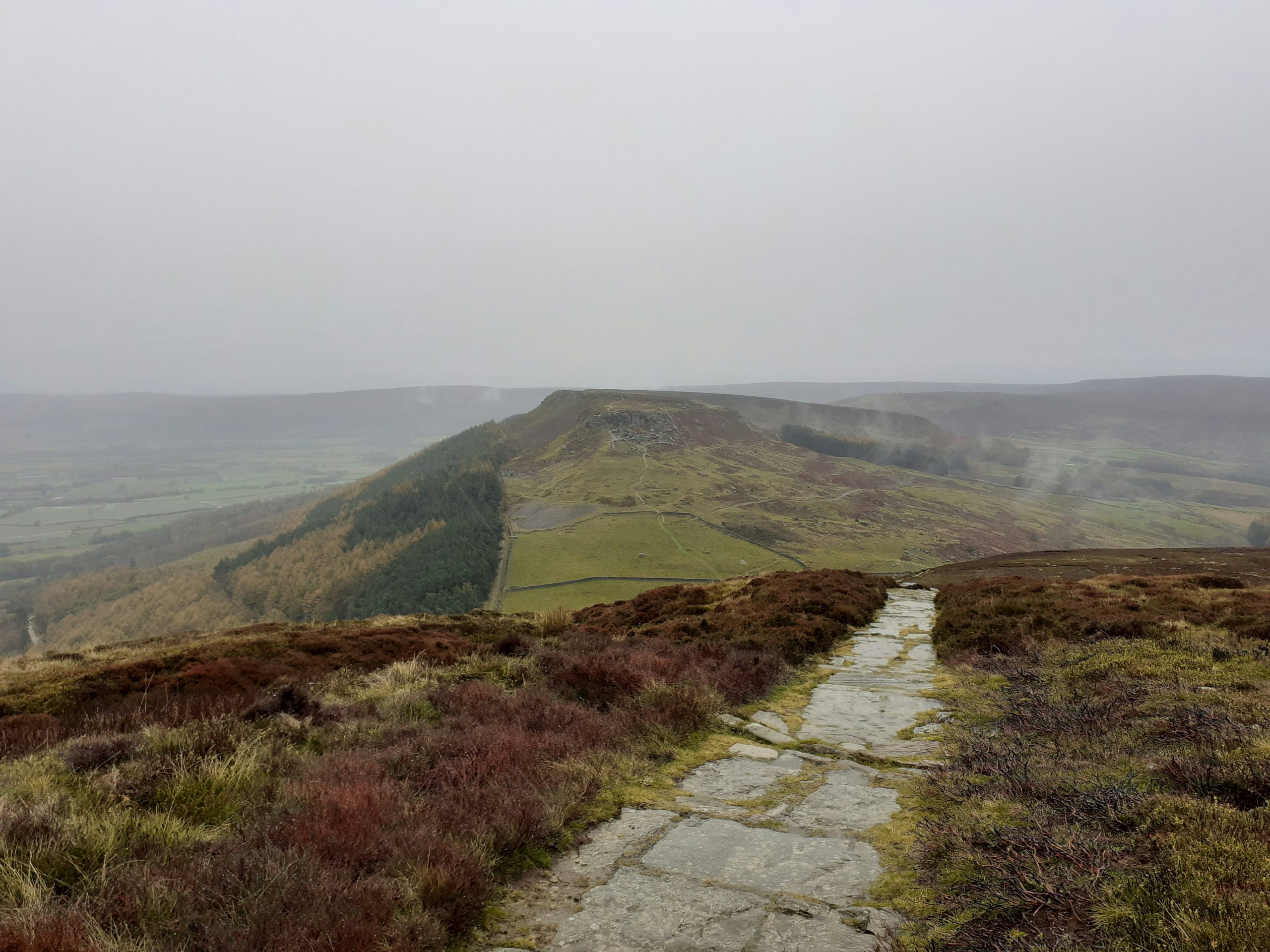Rhianna Hurren-Myers
Climate change is like an old family heirloom, increasing in cost as it is passed down from generation to generation. Except this time, the antique issue of global warming is about to self-destruct, and with it falls civilisation and society as we know it. For though we are not the first to hold the burden of climate change in our hands, we will most certainly be the last.
In October last year, the UN Intergovernmental Panel on Climate Change warned the world we have just twelve years to limit the impact of global warming to a maximum of 1.5 degrees. For this to be achieved, the leading scientists and experts have demanded governments implement immediate and unprecedented changes in all areas of life.
However, Thursday 7thMarch saw climate change being debated in the house of commons for the first time in two years. The three hour debate saw as few as ten MPs sat on government benches at times. Donald Trump, representing the 17.5 million tonnes of carbon released by the US every year, pulled out of the Paris Agreement in 2017 and continues to contend the global warming movement is nothing but a hoax to undermine American dominance. Unfortunately for him, undermining the superiority of America appears to be his own speciality.
We are already witnessing erratic weather patterns; just last month saw temperatures hit 18 degrees in February, the highest on record for winter. Yet the consequences that will be faced around the world should we fail to hit these targets are unimaginable.
At the same time the UN report was released, Greta Thunberg calmly walked out of her Friday class with a hand-painted sign, and sat on the steps of the Riksdag, in Sweden. The Paris Climate Agreement had been ignored by all the parties involved, and it was time for direct action. Since that first day in August, she has continued to miss her Friday lessons to sit outside the parliamentary building, but gradually, her lonely sign, ÔÇÿskolstrejk f├Âr klimatet’, ÔÇÿschool strike for climate’, has come to be joined by thousands of others all over the world.
On the 15thMarch, the Youth Strike 4 Climate organisers believe more than a million students skipped school to campaign for climate justice, with more than 2000 protests in 125 countries. The movement has four main aims. They demand the government declare a climate emergency, reform the curriculum to focus on sustainability, and educate the public on just how wide the effects of global warming are going to be. More controversially, they request the voting age be lowered to sixteen to give young people a louder voice in parliamentary decisions.
Last Friday, Izzy Bankier, a second year Human Geography student from Cardiff University, stood with hundreds of others on the steps of the Welsh National Assembly.
“I felt my attendance at the protest was necessary considering the lack of action taken by UK governments in tackling this ongoing crisis. My own personal concern fuels me to take action, with the hope that each of our own voices will be collectively heard”.
Megan Griffiths, a second year psychology student from Cardiff University, also in attendance, praised these strikes in giving young people a voice, and hoped they would increase pressure on governments to start actively implementing the changes we so desperately need:
“With the climate crisis escalating steadily, I feel passionately that action is needed on a global scale. Our nation is failing in contributing to this”.
Despite criticisms from Downing Street, who claimed this disruption both increased the workload on teachers and wasted valuable lesson time, further strikes have been planned for the 12thApril. It seems giving young people a powerful platform to make themselves heard is working. On the 21stMarch, just six days after the last strike, the Welsh Government have revealed their aim to enforce a legally-binding target to cut Welsh emissions by 80% by 2050. First Minister Mark Drakeford has credited the younger generation for recognising a failure to act could have “catastrophic consequences for their future”.
Since the 15thFebruary four fifteen year-old students who attended the protest have launched a petition calling for the inclusion of climate change lessons in the national curriculum. Izzy Lewis, Kamila Chamcham, Rasha Alsouleman and Lucy Gibbons, from Cheney School in Oxford, claim climate change is the biggest issue of our time. They hope a greater emphasis on sustainability would provide valuable education for the next generation in order for young people to be fully equipped in combatting the effects.
“We don’t want to be left with flooding, wars, famine and climate breakdown just because our governments value economic growth over the well-being of our planet”.
Climate change may be the biggest international crisis the world has ever faced, but these strikes and protests prove that no movement is too small to make a difference. Greta has since been nominated for a Nobel Peace prize, and her rallying cry for survival has been echoed by young people all around the world. The battle isn’t won yet.
#youthstrike4climate



